GMet Calls for Collective Action on Marine Safety at Cape Coast Workshop
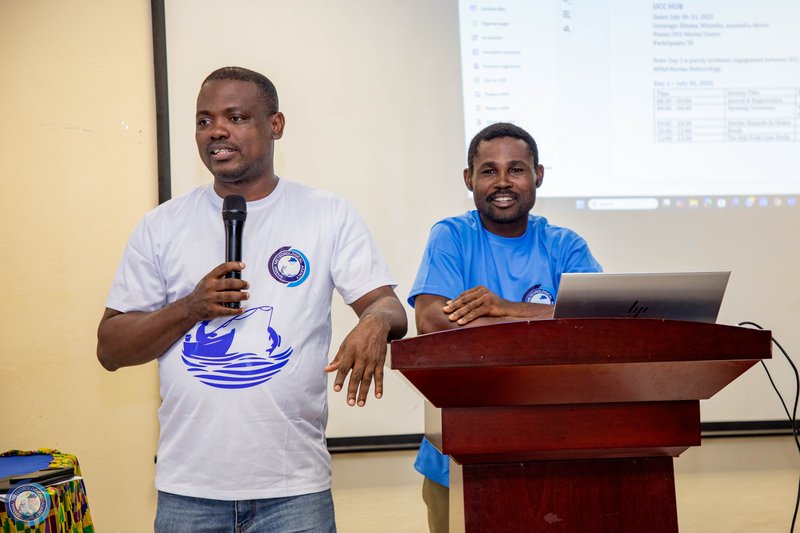
The Deputy Director-General of Operations at the Ghana Meteorological Agency (GMet), Dr. Ignatius Kweku Williams, has made a passionate appeal to all stakeholders in Ghana’s fishing and maritime sectors to take marine weather warnings seriously and work closely with GMet to enhance safety at sea.
Speaking at the opening of a marine forecasting stakeholder engagement held at the Conference Hall of the College of Distance Education, University of Cape Coast, Dr. Williams emphasised that the effectiveness of marine forecasts depends not only on GMet’s delivery but on the willingness of end users, especially fishers and boat operators, to act on the information provided.
The Cape Coast workshop forms part of GMet’s ongoing Marine Weather Forecasting engagement to better understand how marine weather information is received, interpreted, and acted upon in Ghana’s coastal communities. This follows a similar engagement held earlier this week in Keta, now convening representatives and stakeholders from Elmina, Winneba, Anomabo, Moree, and Cape Coast .
As with previous sessions, the workshop featured a detailed presentation on real-life marine accidents including the Atikagome disaster on the Volta Lake, Ada vessel sinkings, and the Azizanya–Azizakpe capsize to prompt reflection on the dangers of disregarding forecasts.
Participants, including representatives from the National Disaster Management Organization (NADMO), the Fisheries Commission, the Africa Centre of Excellence in Coastal Resilience (ACECoR), Canoe and Fishing Gear Owners Association of Ghana (CaFGOAG), the UCC Physics Department, and members of the Media engaged in open dialogue and breakout sessions. Discussions centred on why some warnings are overlooked, how forecast communication can be improved, and how to ensure that the voices of fishers, boat operators, and vulnerable groups are heard in the forecasting process.
The participation of the media was instrumental in amplifying the initiative’s impact, ensuring marine forecasts reach wider audiences. Among the key partners, Benya FM expressed enthusiasm for their role in bridging the gap between technical data and community understanding. “We’re proud to be part of this effort,' said a Benya FM representative”. By translating complex forecasts into clear, actionable alerts, we help coastal communities stay informed and safe.
The Cape Coast session reinforced the need for deeper collaboration between national institutions and local communities in marine risk communication. GMet’s coastal engagement continues as the Agency works to ensure that marine forecasts are not only scientifically accurate but also trusted, inclusive, and actionable.
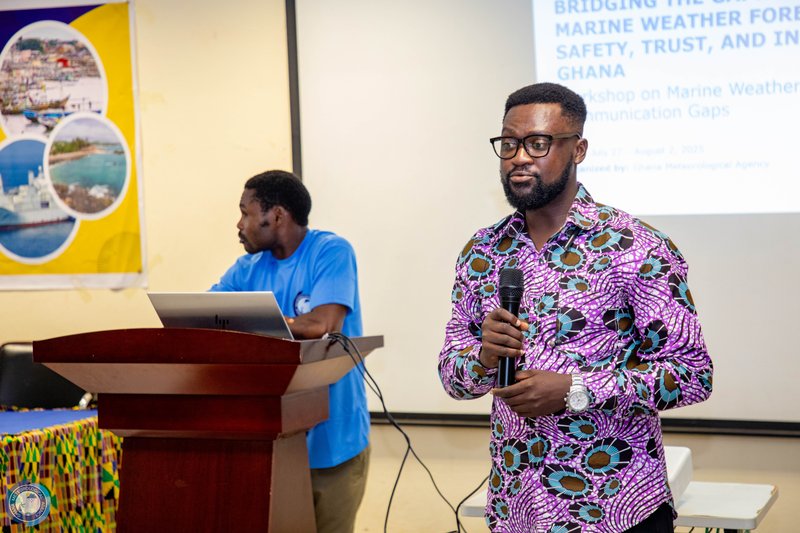
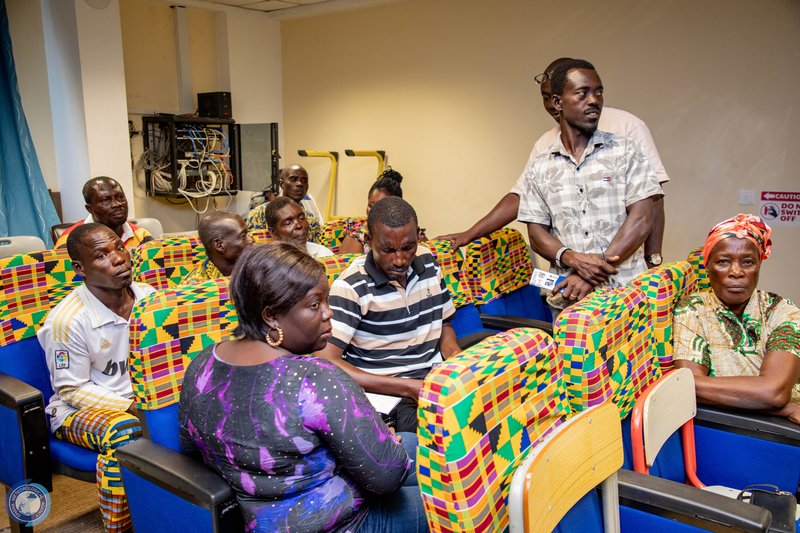
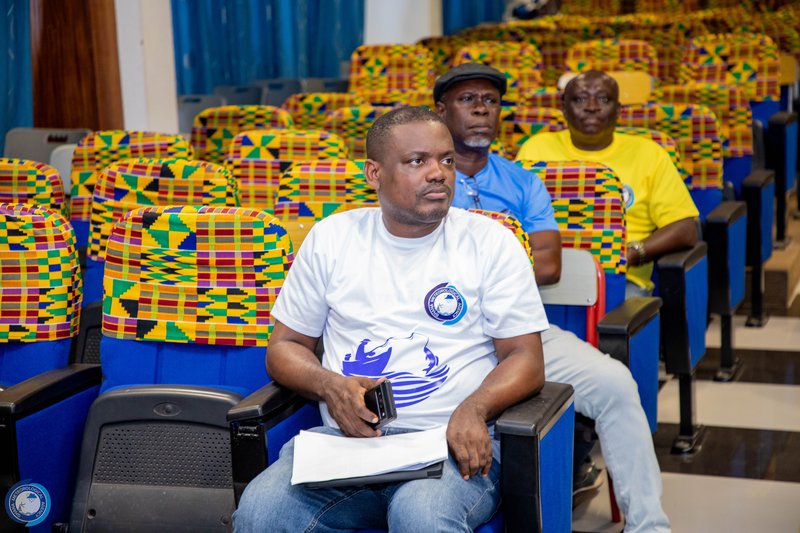
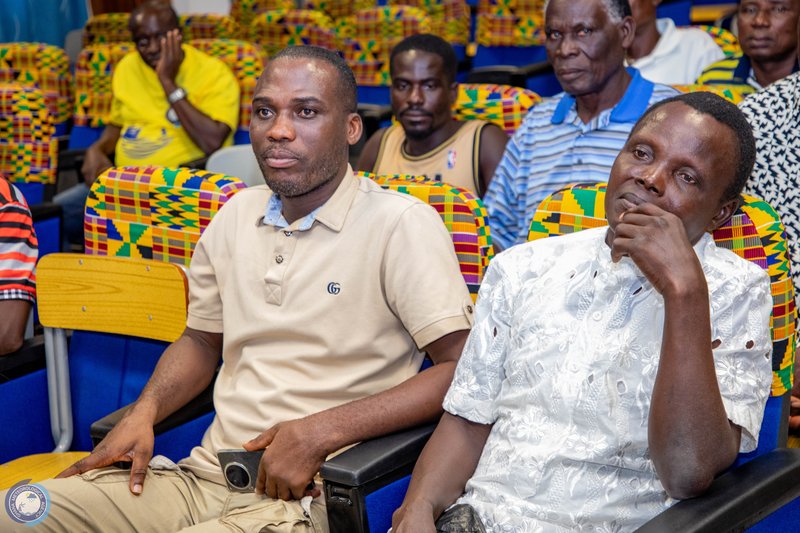
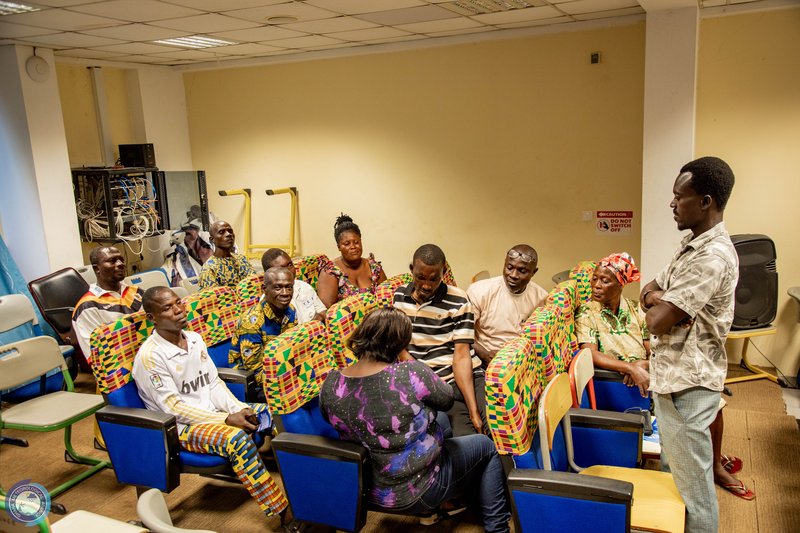
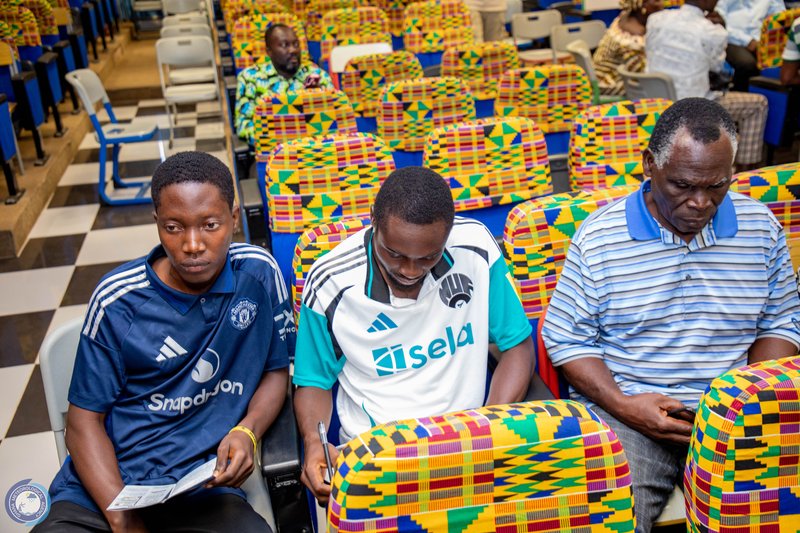
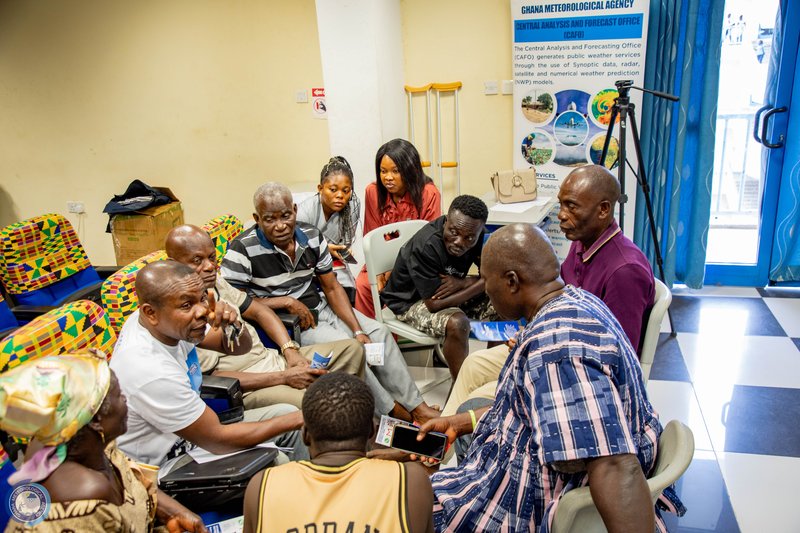
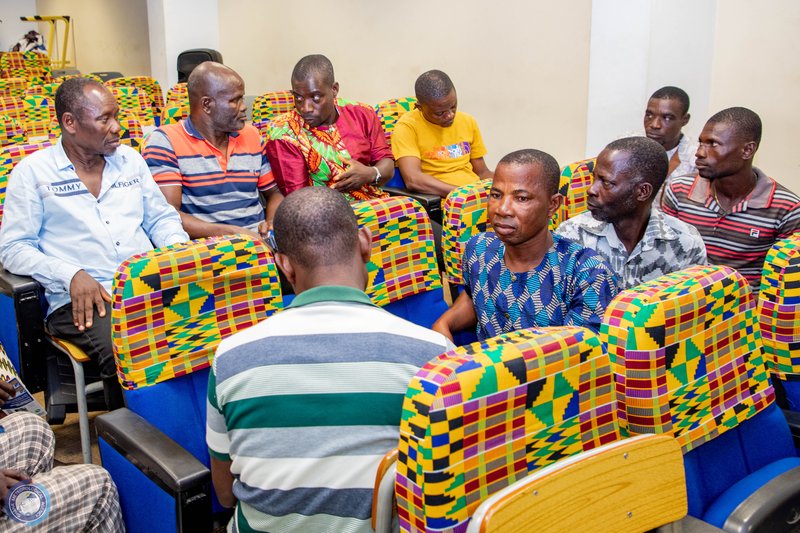
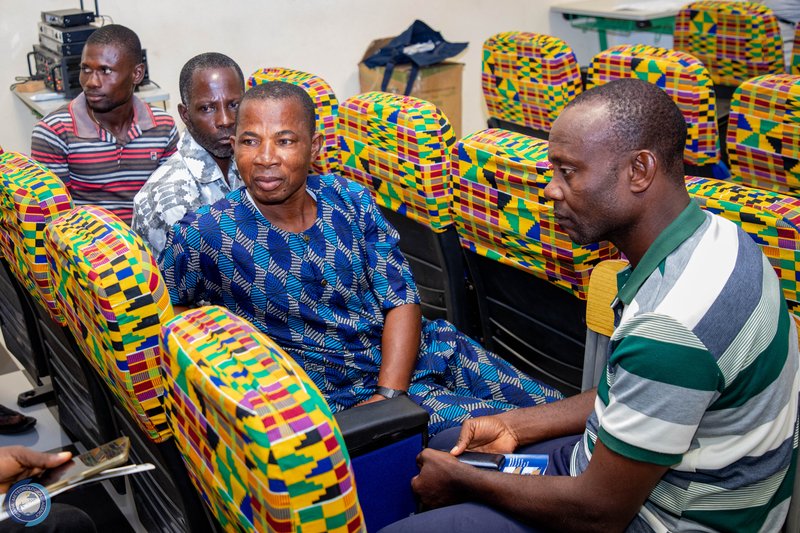
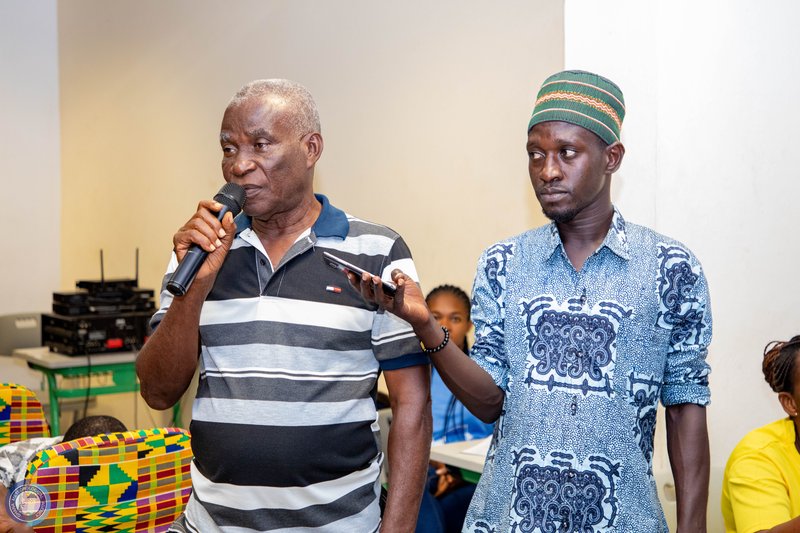
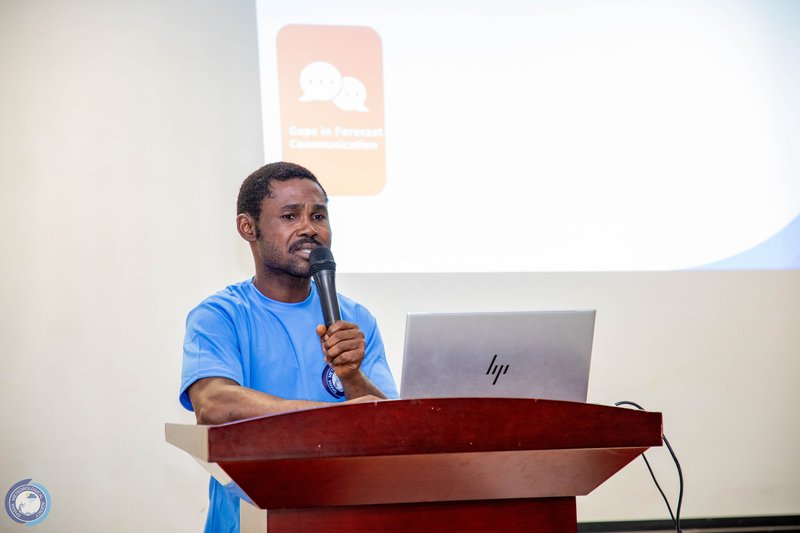
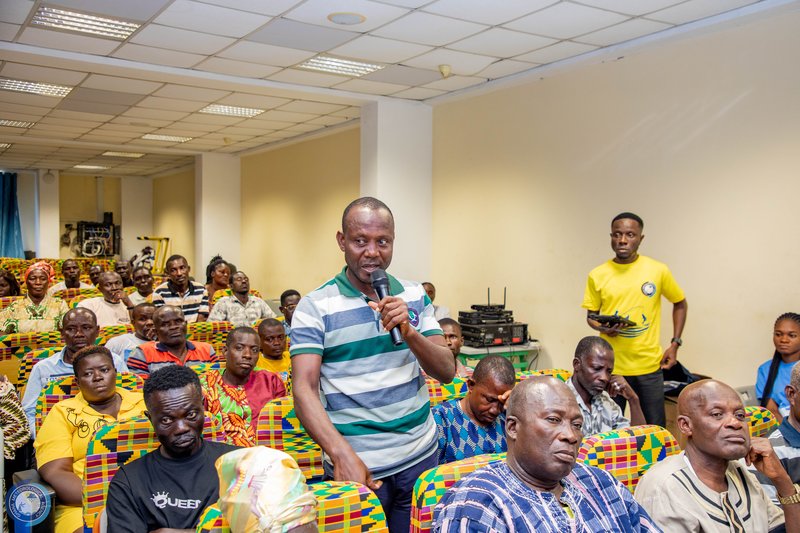
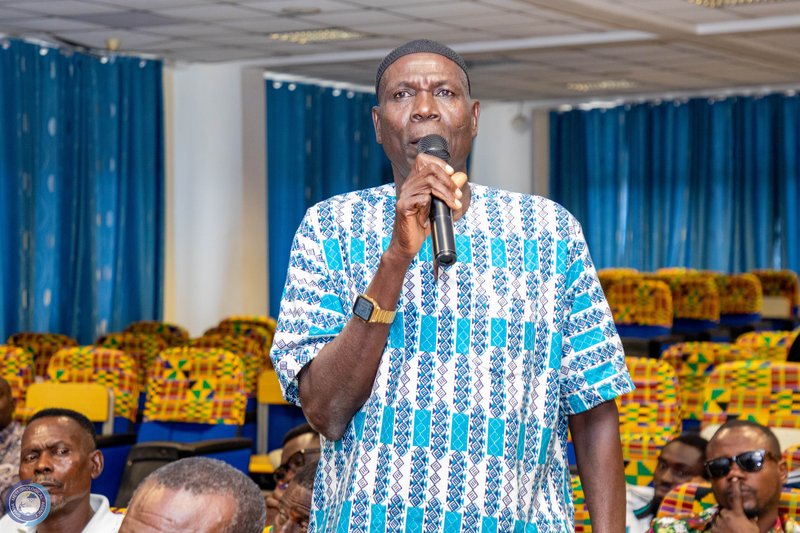
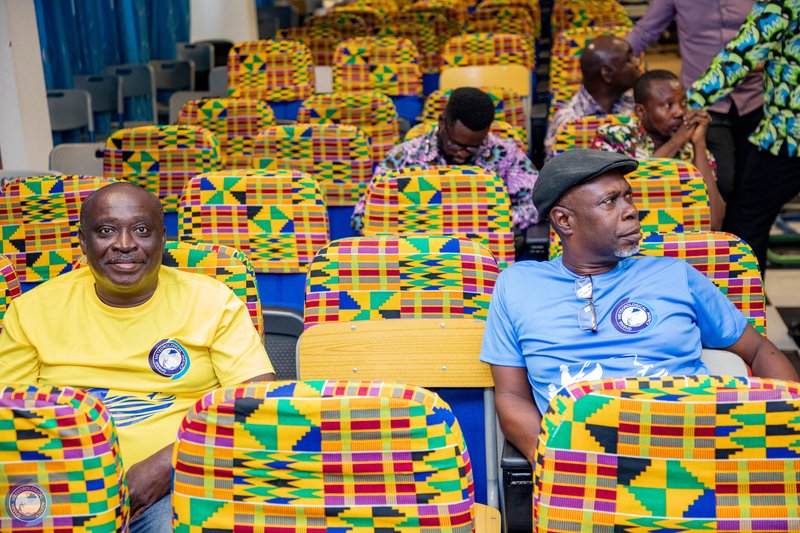
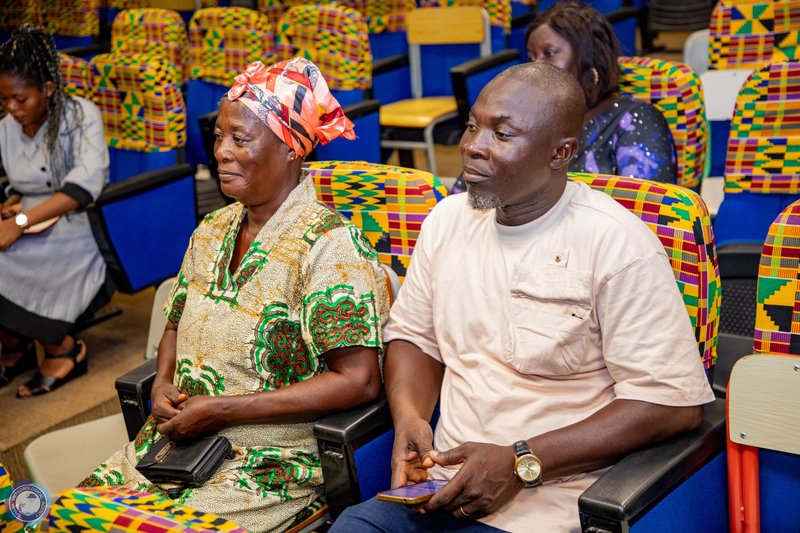
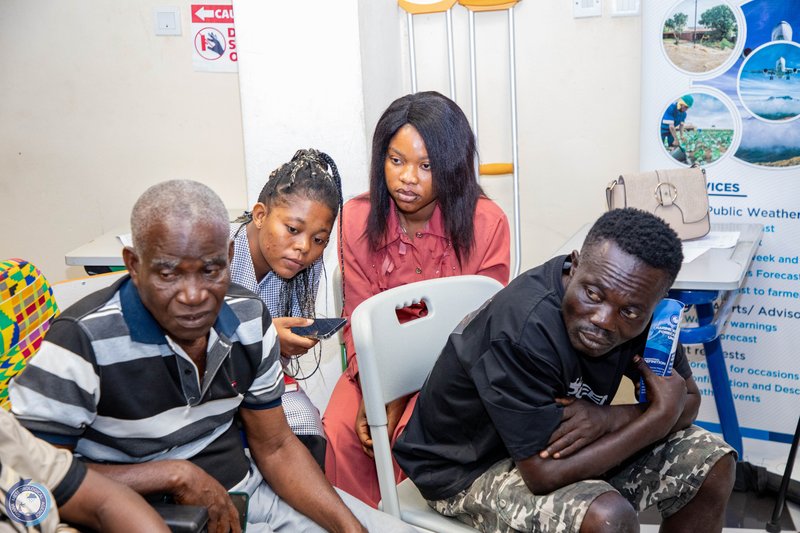
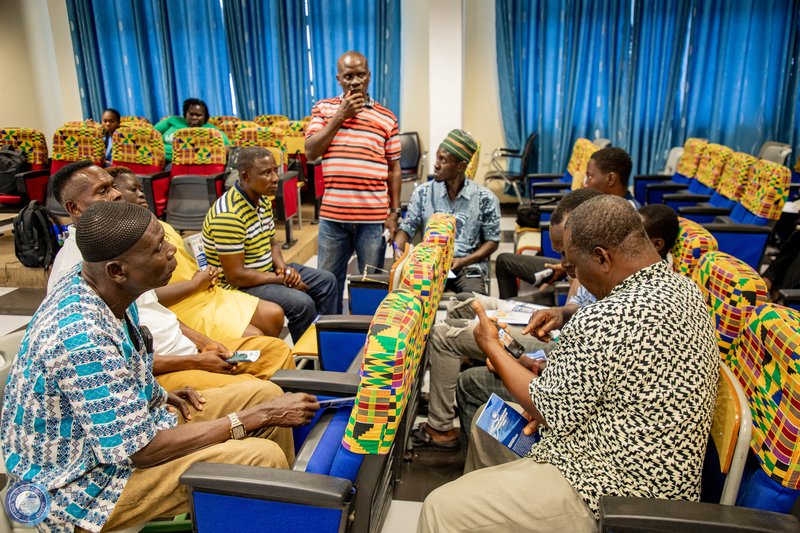
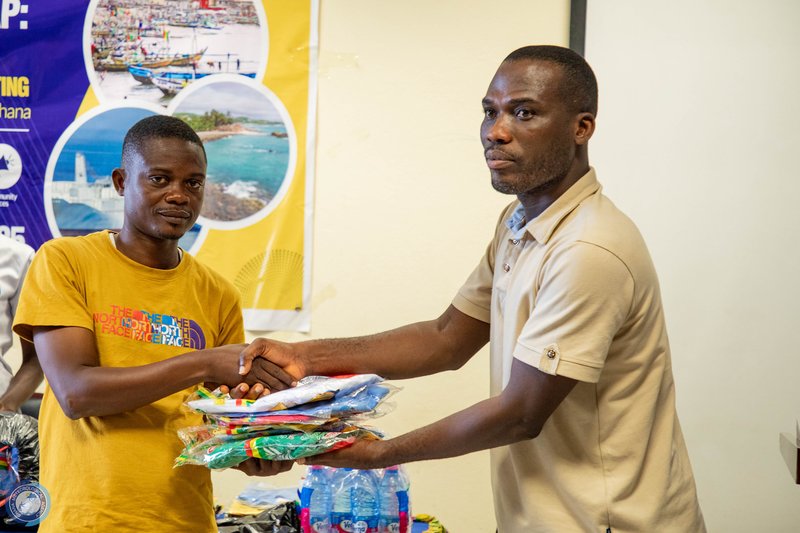
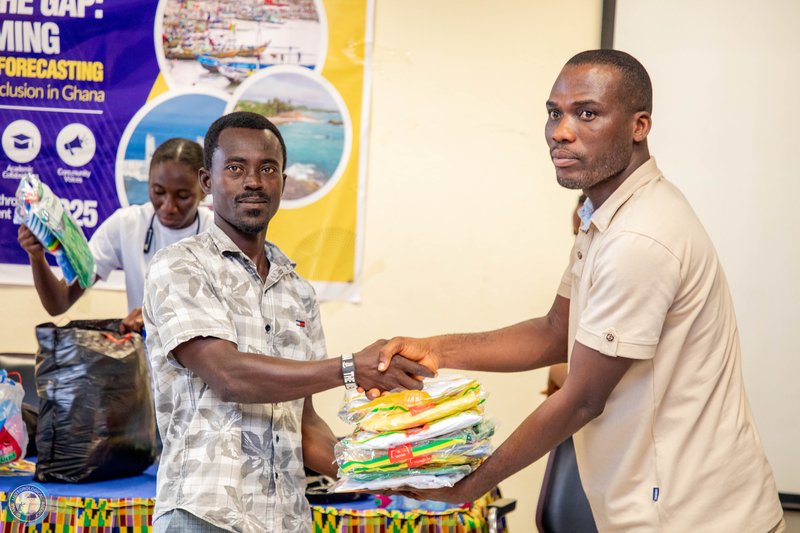
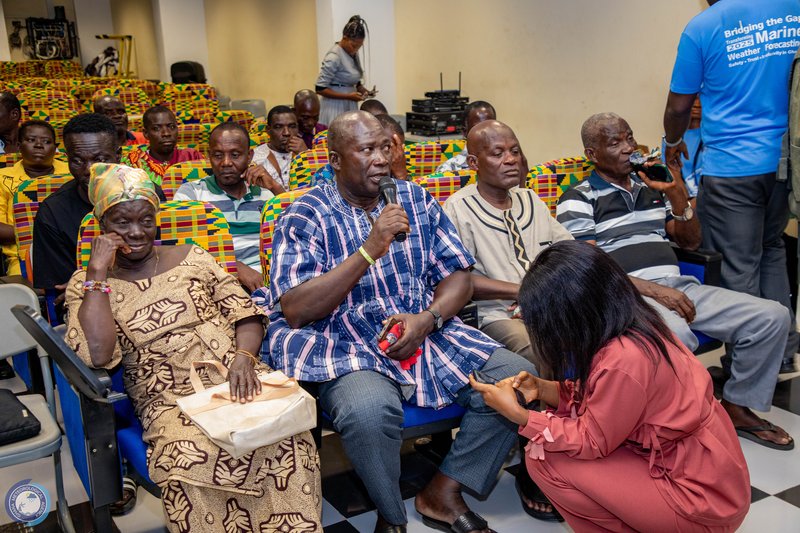
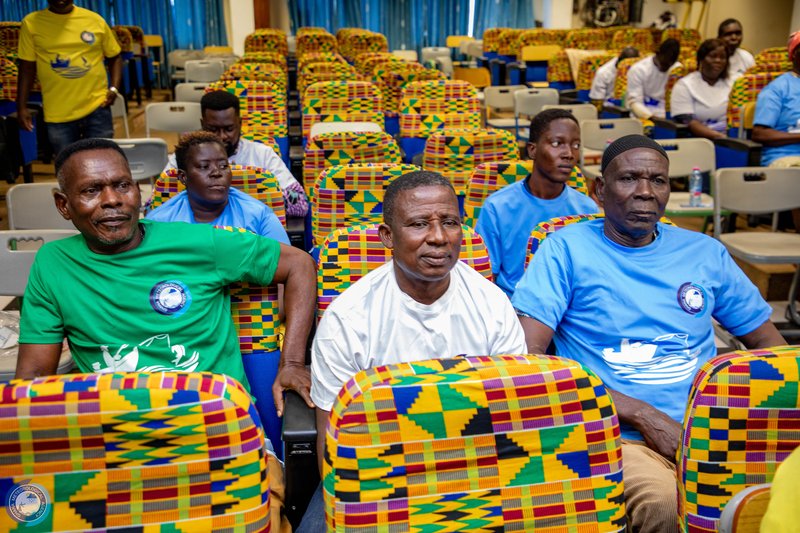
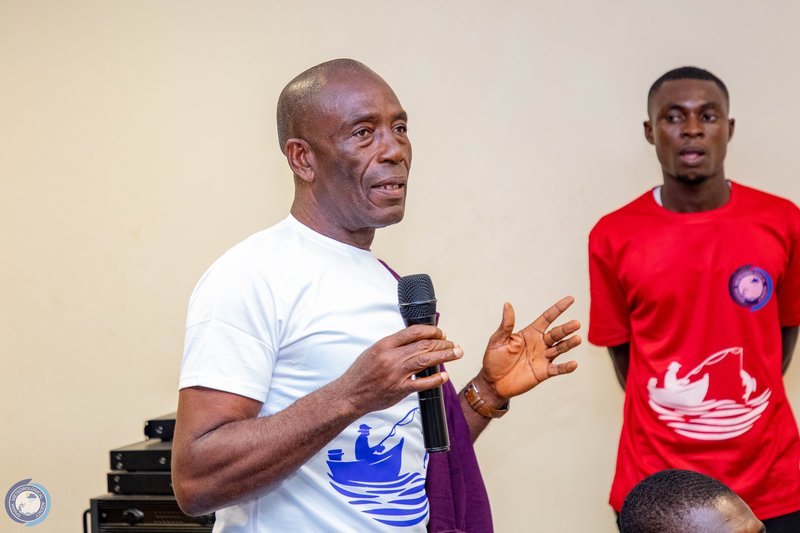
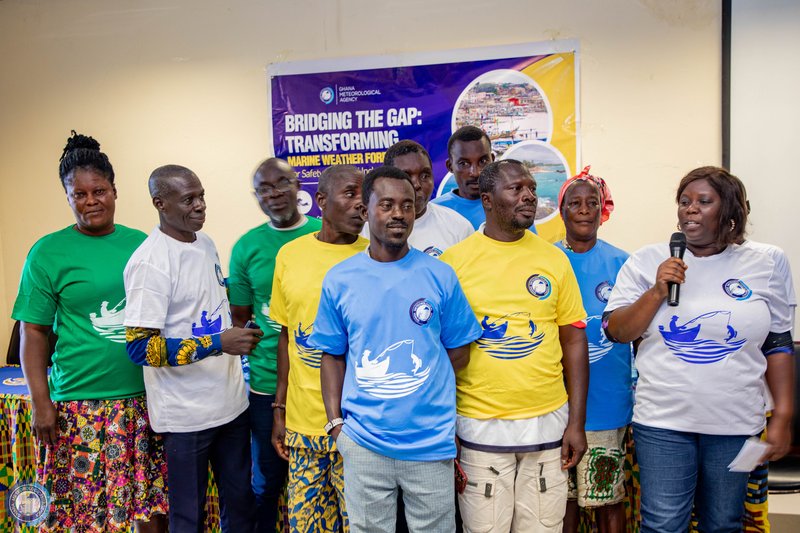
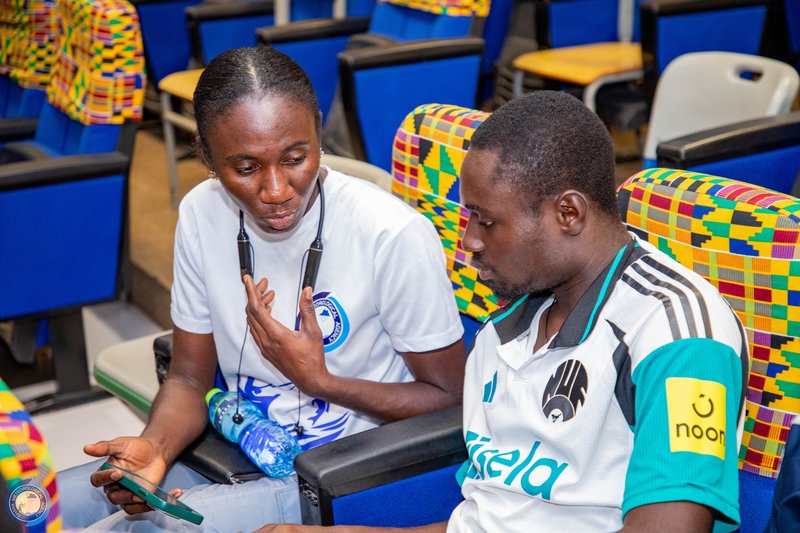
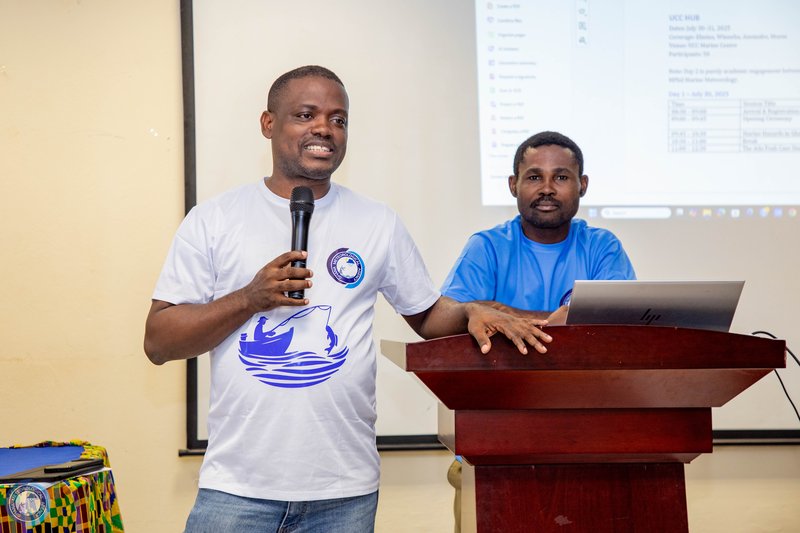
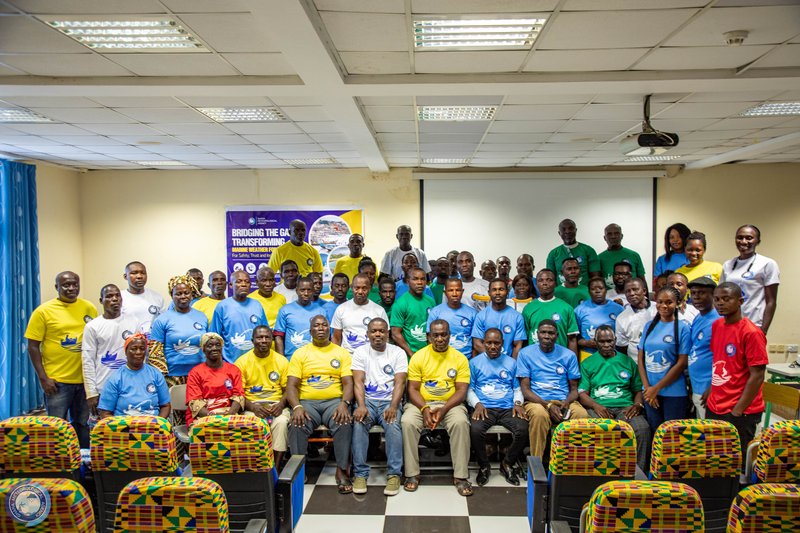
©️GMet Communications

